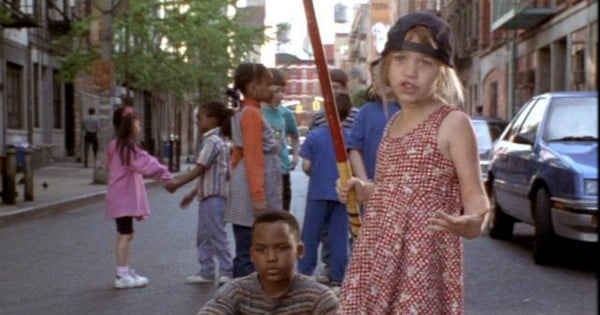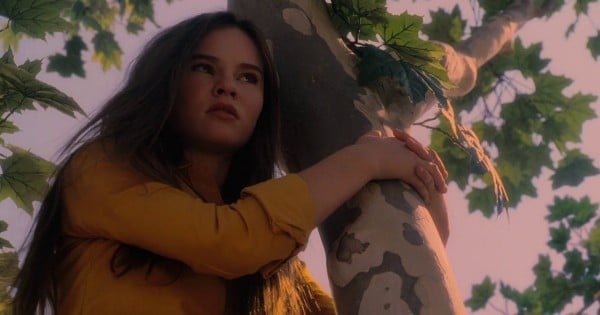
I often wonder why so many smart people can be stupid parents sometimes. I include myself in that category. I love my kids, I try hard, I fail sometimes, but so often I find myself with nagging feeling in my gut telling me this doesn’t feel right. Yet I persevere or I let it go.
The access to technology, the scheduled lives, the volume of cultural messages and global information they receive even in one hour, the food, the consumption, the pace, the checklist.
I try to look at it all rationally and say it’s normal. This is modern life for everyone we know. This is the Western World and we are part of that. But then there is this feeling I have about the “rightness” of my children’s world.
How can a toddler in a restaurant watching Finding Nemo for an hour while his parents chat be right? How can piano lessons at seven followed by ballet before homework tutoring be right? How can little girls walking around better dressed than their mothers be right? How can older girls posting ‘sultry, sexy” pics of themselves on Instagram from their make-up scattered bathrooms be right? How can stressed parents carting around stressed kids be right? How can 42 types of rice cracker flavours and plane travel and baby knee-pads to stop knees from hurting be right?
How can lives filled to the brim not be right?
Listen to Jackie talk about this story on This Glorious Mess, Mamamia’s podcast about family life this week. (Post continues after audio.)
This week Tracy Gillett in The Huffington Post talked about the “burden of too much” on your children and how former educator, researcher and counsellor, Kim John Payne, conducted a study where he simplified the lives of children with ADD and within four months 68% of those children went from being clinically dysfunctional to clinically functional.



Top Comments
Couldn't agree more. Sometimes the best thing we can do as parents is to just 'shut out the noise' for our kids. This (I'm hoping) is going to lead to kids with more resilience who can cope better with life, and who are capable of taking time out mentally when they need to, to give them greater strength and motivation for the times when they do want to fire up and put their all into something!
They don't need to know everything about the entire world, and experience and learn everything all in one day as seems to be the push nowadays (with everything from government initiatives, to parents hothousing, to social media exposing them to things they just aren't mentally ready to deal with yet). We used to take a lifetime to do/ discover/ learn these things. That's what our human psyche is wired to deal with.
Less is definitely more at times. Thanks for your article!
This could not have come at a better time this article. I worked in a school that a saw such a high number of kids medicated, I packed up my 5 year old and moved to the sort-of country. Everytime I question that decision I see her climb a tree, put her toes in a damn or walk the dog around the corner to pick up the mail from the post office. I know that I can't protect her from the "real" world forever but hopefully these few years will give her some resilience and perspective.